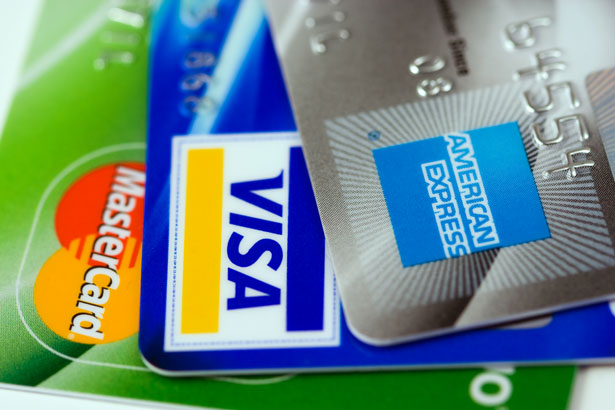It’s that time of year. College students are back in school or starting for the first time. They are getting things like class schedules, dorm rooms and of course, budgets organized. A big part of student finances is often the first credit card. Your first student credit card can give your credit a good boost, or it can harm your credit score and negatively affect your future.

Here are a few things not to do as you sign up for and start to use that first credit card. With these tips, you’ll make wise financial choices that will benefit your finances for years.
Don’t sign up for the first student credit card offer you get.
Credit card companies target college students, so you will likely to receive lots of offers in the mail and in your email inbox and you may even run into credit card vendors around town. Remember to shop around for the best deal and give yourself time to compare offers. That way you can find the card with the best interest rates and fees and that best fits your needs.
Don’t go on a spending spree.
When you suddenly have an extra $500 or $1,000 to your name, it’s so tempting to stock up on a closet full of new clothes or buy that nifty new gadget you’ve been eying. But, resist the temptation to spend unnecessarily on your credit card. Credit card companies “get you” when you overspend and aren’t able to pay your monthly bill. Avoid late fees and extra interest by spending wisely.
Don’t ignore your credit card statements.
After you sign up for a credit card, you’ll receive monthly statements in the mail or through email. Don’t ignore these. Look at them carefully to assess your spending habits and to help you avoid overspending and keep to your budget. Also keep an eye out for any fraudulent charges so you can dispute them and stop the beginnings of identity theft.
Don’t make late payments or skip payments altogether.
When your budget gets tight, you may be tempted to make partial or late payments, or to not make your credit card payment at all. This is the worst thing you can do. All these late payments add up, get you further into debt and hurt your credit score. Many new credit card holders don’t fully recognize the damage just a few missed payments can do to their financial standing.
Don’t go over your limit.
When you were approved for a credit card, you were approved for a specific limit. Don’t ever go over that limit. The fees for going over your set limit are hefty, and you’ll add to your overall load of debt. With fees, debt becomes harder and harder to pay off. Avoid this cycle by staying under your limit at all times.
Getting your first credit card is a wise financial decision if done correctly. A credit card can come in handy in emergency situations when you need cash and if you use it wisely, pay your bills on time and don’t go over your limit, you’ll build a credit history that will help you qualify for car and even home loans later.
See Also:
High Performance Savings Accounts
Saving For Your Childs College Education without Breaking Your Budget
Kids Going to College? Ease the Financial Burden
